The Save Coral Reef pavilion at Expo 2023 Doha sheds light on the sustainable practices of marine conservation and environmental awareness.
Set up by Mubadara for Social Impact, the pavilion features Interactive displays, educational programmes and immersive experiences, aimed at raising awareness of the significance of coral reefs and the need to conserve them, while inspiring a global movement for coral reef preservation.
The pavilion was opened formally Tuesday at the Cultural Zone of the expo in the presence of dignitaries including Mubadara president Dr Saif al-Hajari, director Ahmed al-Meer and general manager Jack Saba, and Blue Marine Life general manager Tony Vargas.
“By 2050, 90% of the world's coral reefs could disappear, and we will lose 25% of all marine life,” Saba said.
“The consequences could be catastrophic,” he continued. “Rise in the temperature of the seas due to climate change, pollution caused by coastal development, overfishing and destructive fishing practices pose a threat to the survival of coral reefs.”
“The scenario needs active intervention and Mubadara, in co-operation with various stakeholders, is taking up efforts to restore coral feeds,” Saba said. “The pavilion is an attempt to make the public aware of the cause.”
The experts at the pavilion explained coral aquaculture, which is coral farming in aquariums.
“Coral aquaculture contributes to the conservation and protection of corals and marine life through research, restoration, education and awareness,” Saba said.
The pavilion features a coral reef aquarium, which has a presentation on coral reef cultivation, and interactive tanks for marine life species.
The pavilion spreads awareness about endangered coral reef species and discovers the wonderful world of these amazing creatures.
“Coral reefs are vital for the ecological balancem,” Vargas said. “There is a direct relationship between coral reefs and food security, as the fish species in the seas need coral reefs to grow and live.”
“The decrease in the number of coral reefs could lead to serious negative repercussions on the economy as it results in a decline in marine fishing production,” he continued. “Relocation and farming coral reefs are sustainable practices to ensure the survival of coral reefs.”
Al-Meer led a session to showcase coral reef farming and relocation.
The pavilion discusses the threats faced by coral reefs and raises the alarm over the consequences.
It also suggests ways to protect the coral reefs and the marine environment.
“Natural reefs are strongly declining, creating a worldwide need for multi-purpose artificial reefs protecting coasts while at the same time enhancing the natural system,” the messages at the pavilion note. “Worldwide, climate change is causing sea levels to rise and, in combination with increased land subsidence, placing many communities at risk.”
“Reefs reduce wave energy, protecting coasts and urban areas while at the same time enhancing the natural system and biodiversity.”
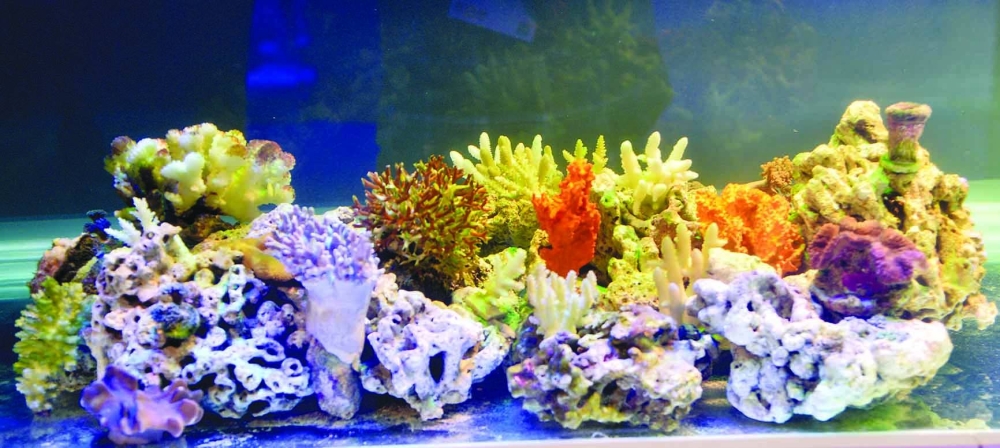
PICTURE: Shaji Kayamkulam
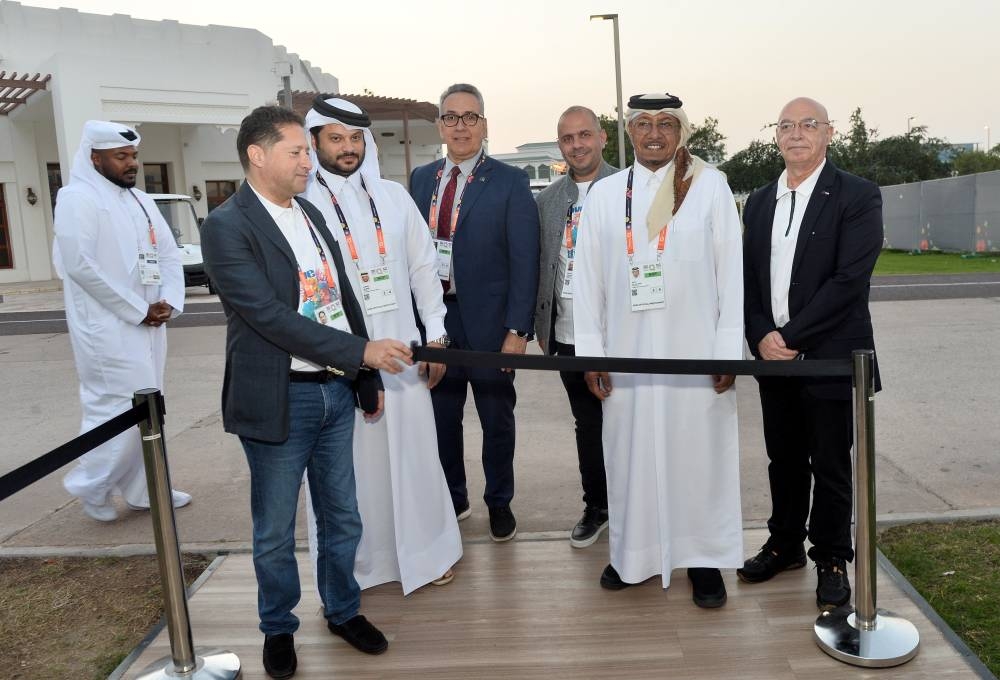
PICTURE: Shaji Kayamkulam
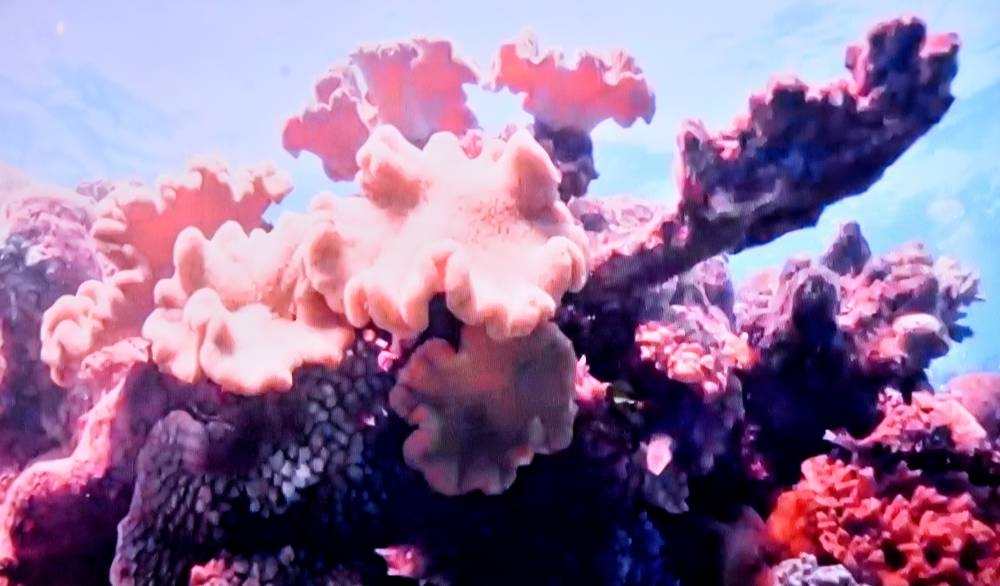
PICTURE: Shaji Kayamkulam
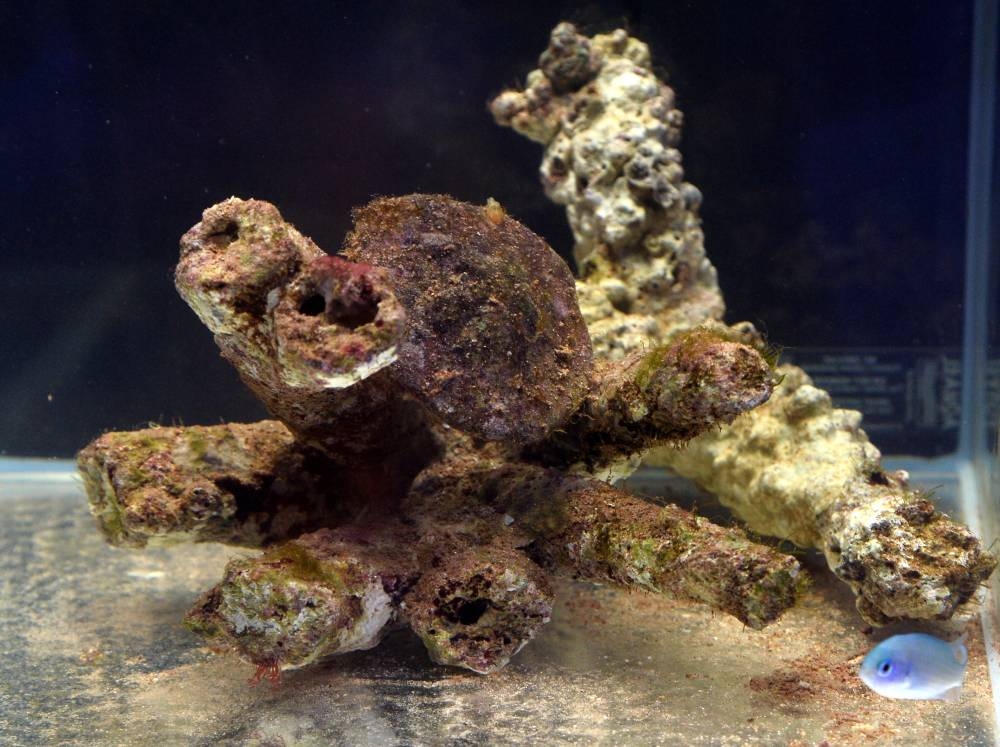
PICTURE: Shaji Kayamkulam
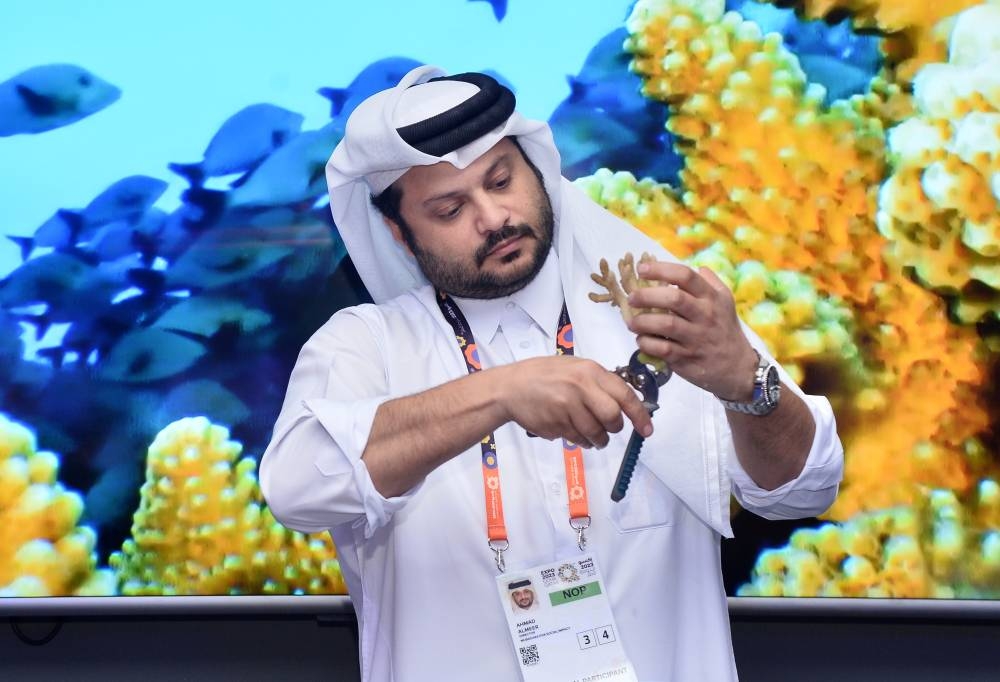
PICTURE: Shaji Kayamkulam
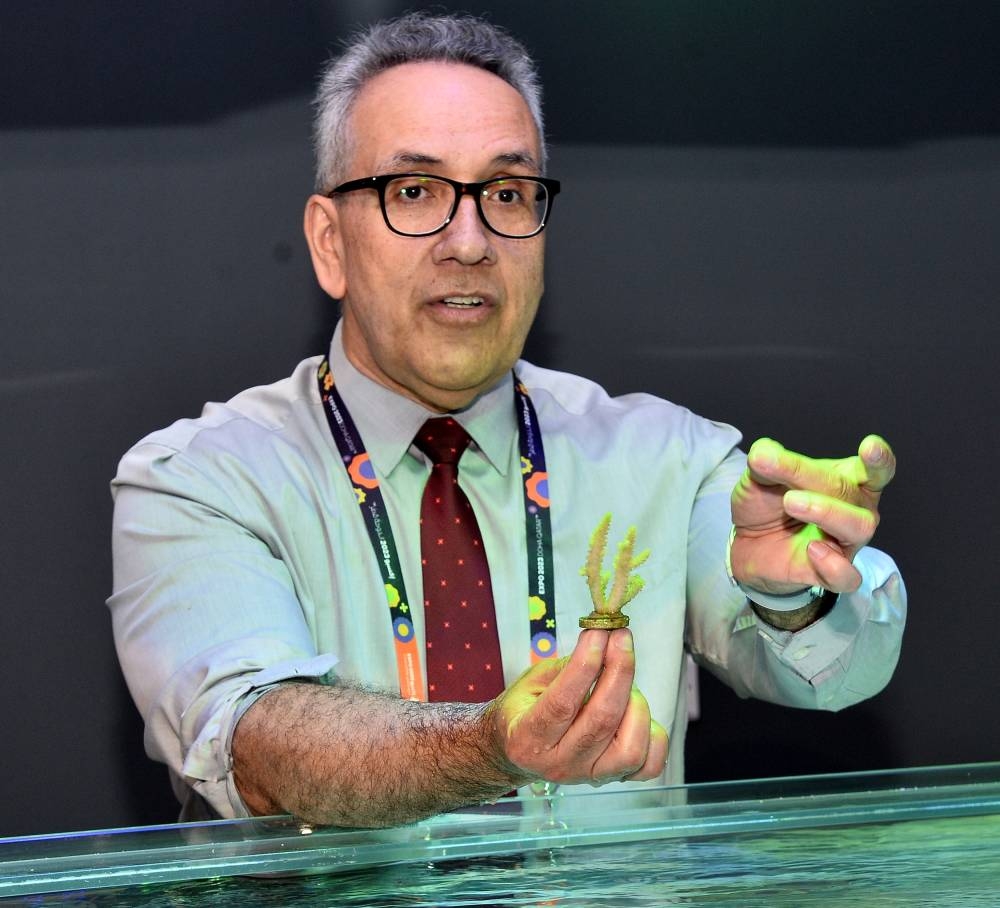
PICTURE: Shaji Kayamkulam
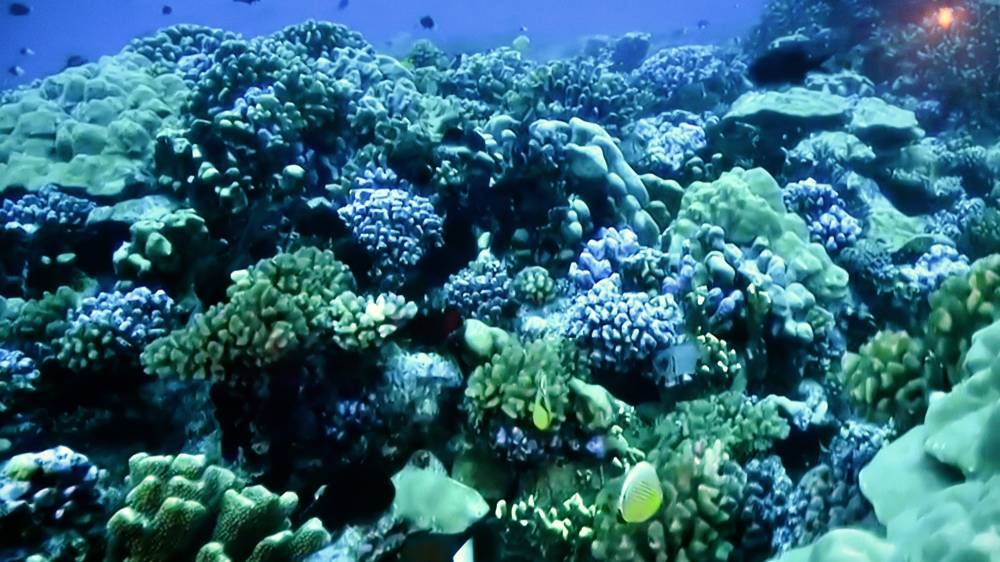
PICTURE: Shaji Kayamkulam
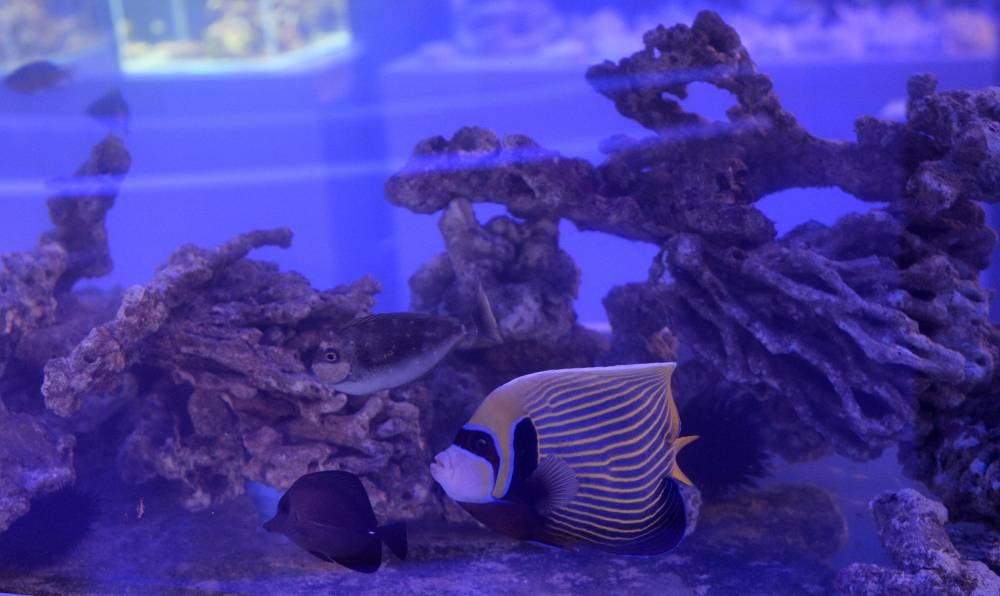
PICTURE: Shaji Kayamkulam
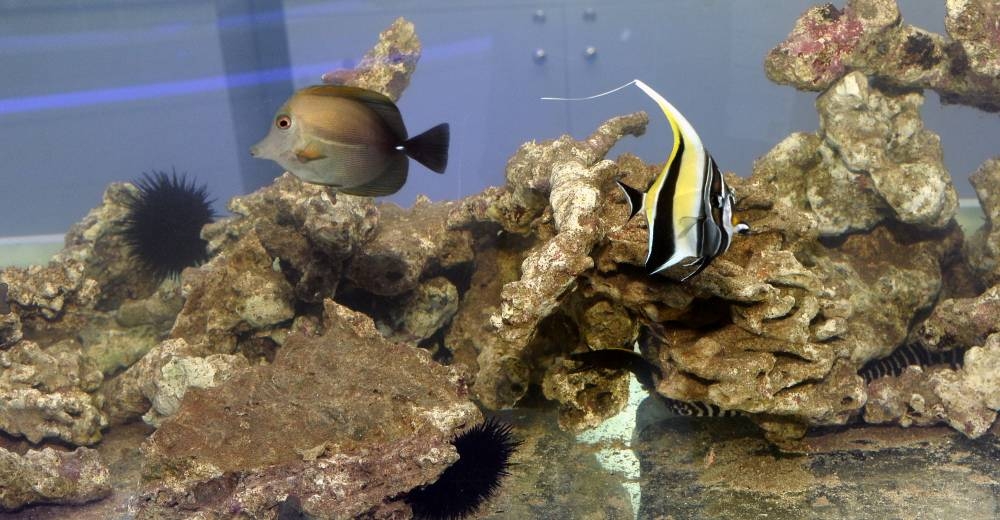
PICTURE: Shaji Kayamkulam
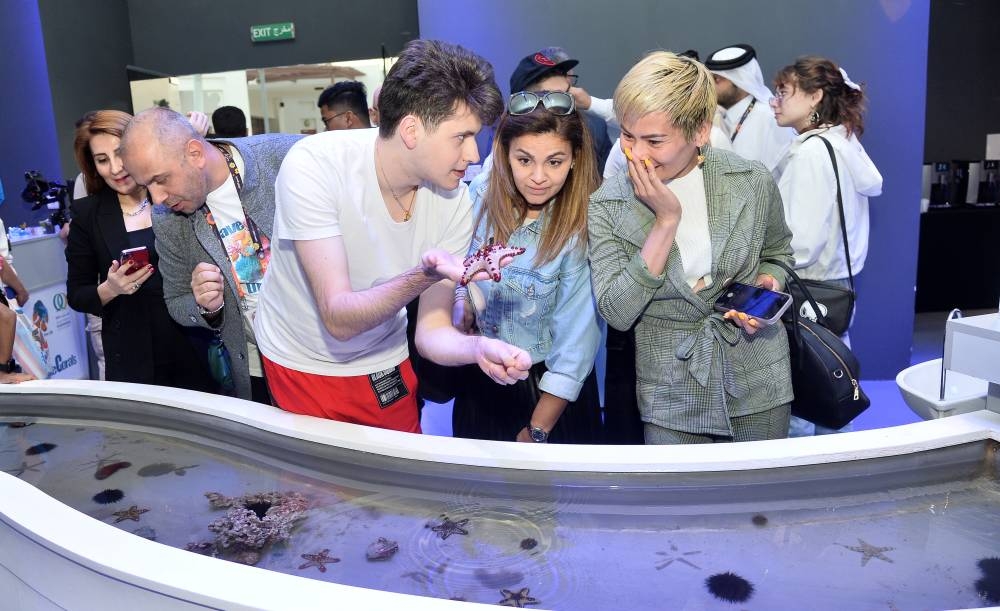
PICTURE: Shaji Kayamkulam
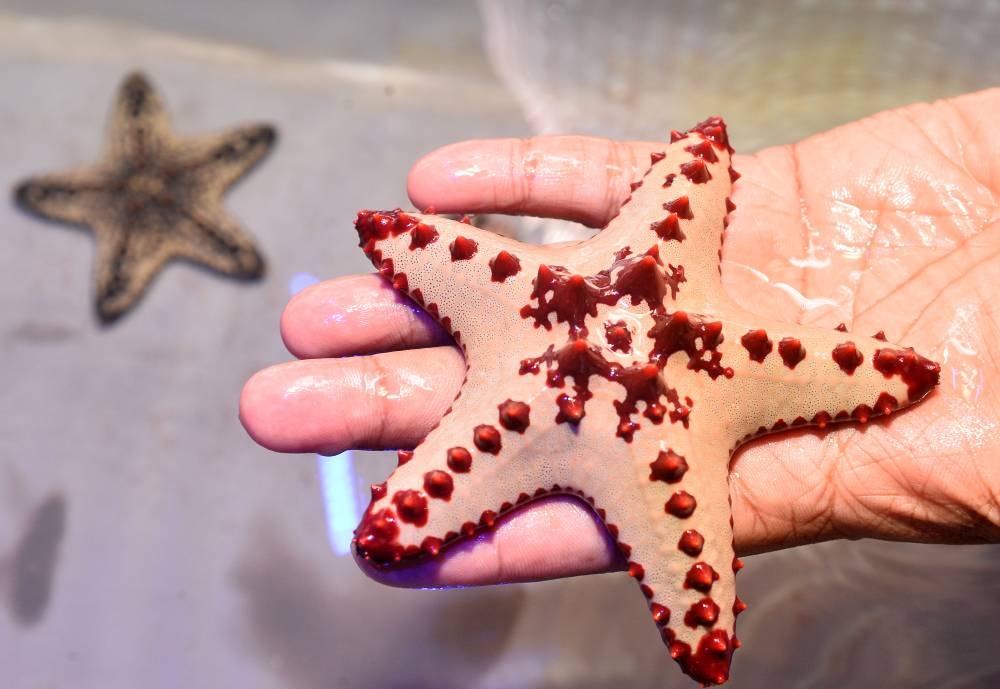
PICTURE: Shaji Kayamkulam
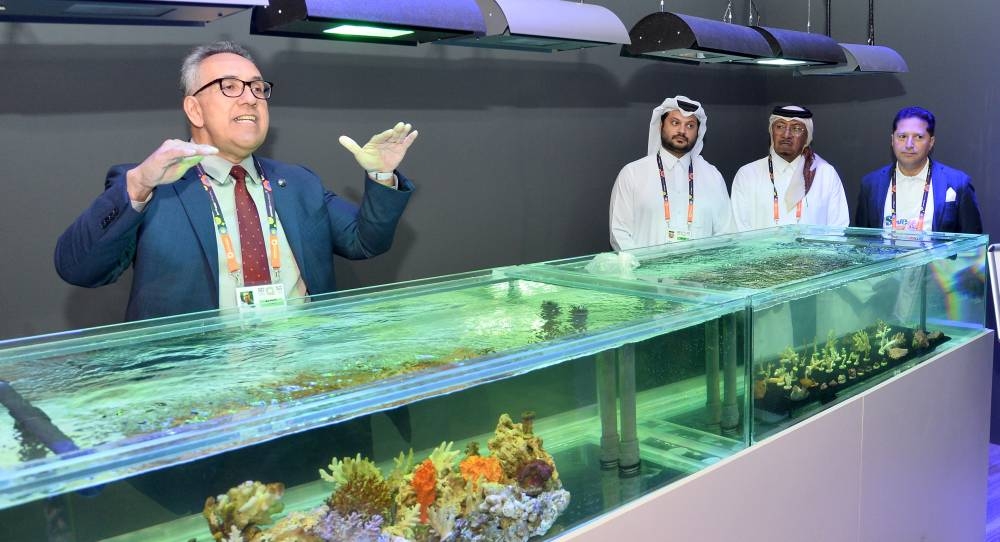
PICTURE: Shaji Kayamkulam
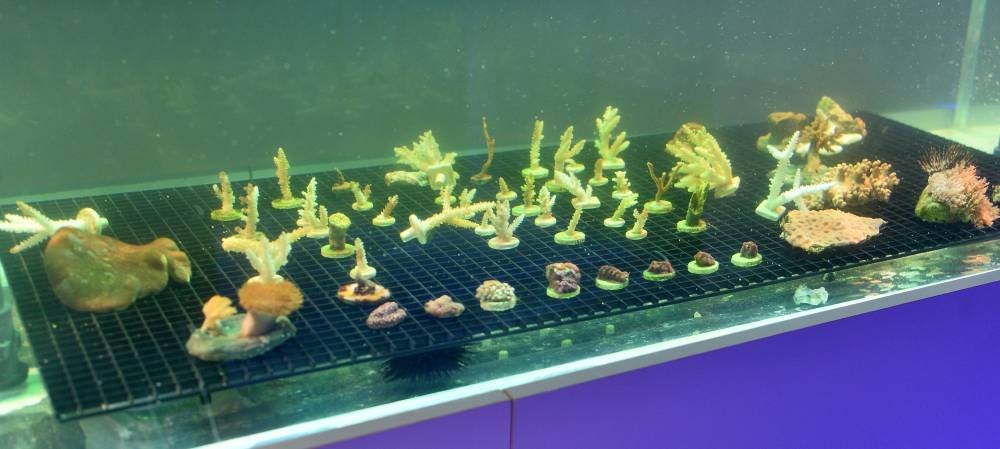
PICTURE: Shaji Kayamkulam
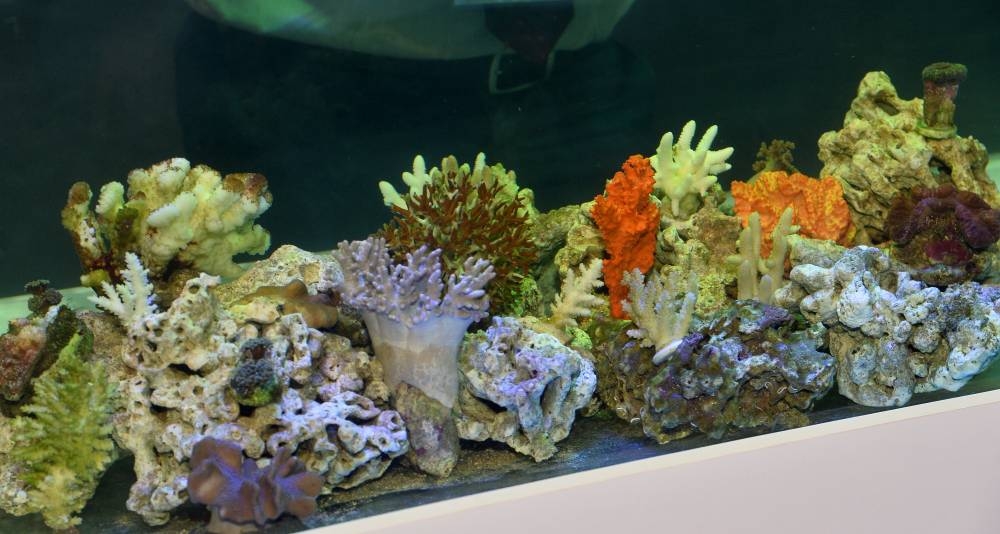
PICTURE: Shaji Kayamkulam
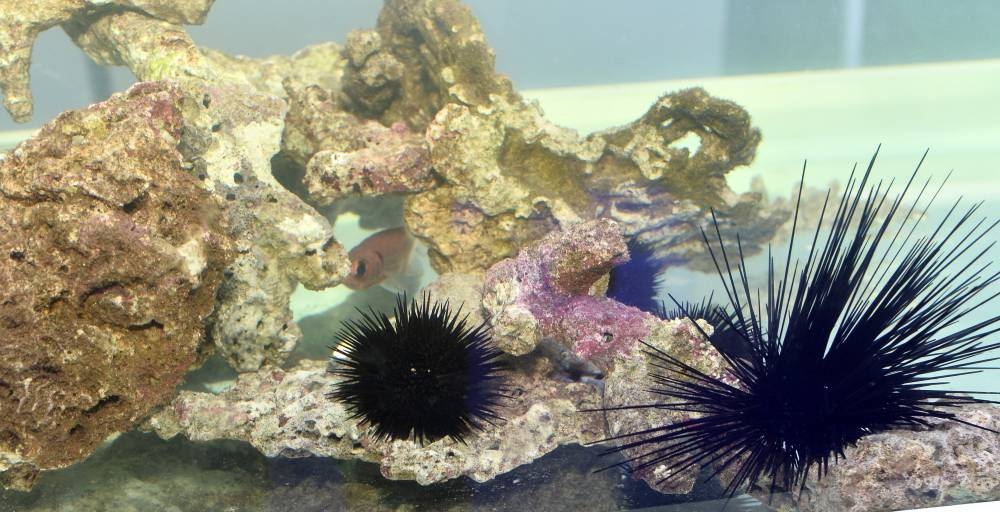
PICTURE: Shaji Kayamkulam
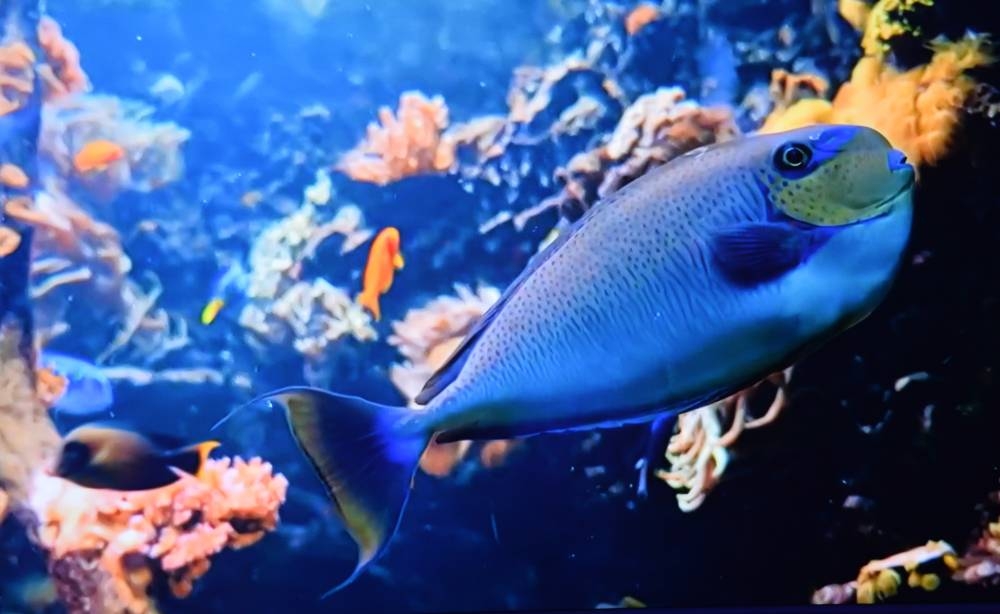
PICTURE: Shaji Kayamkulam
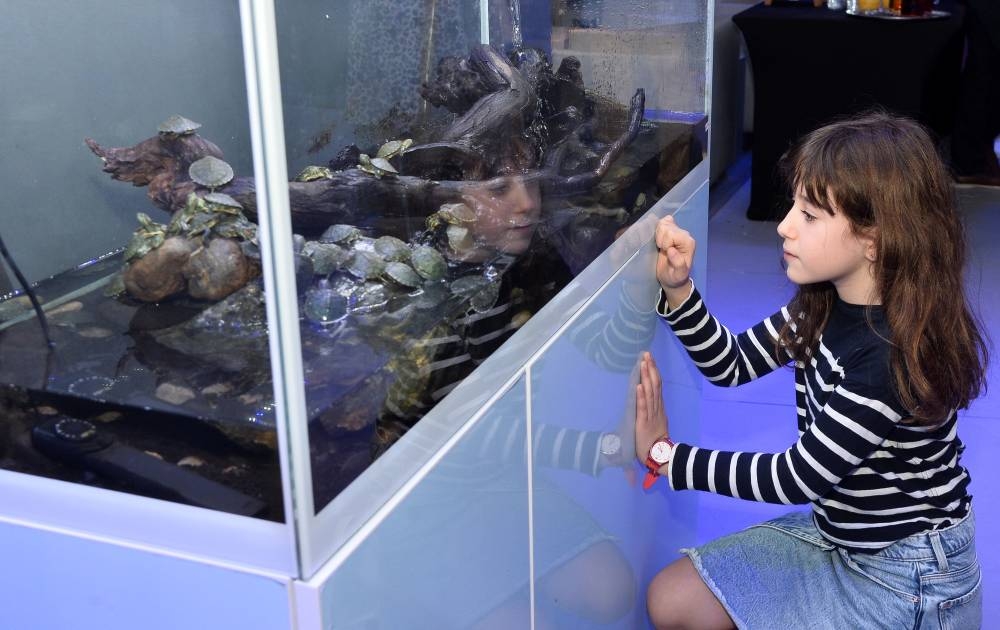
PICTURE: Shaji Kayamkulam
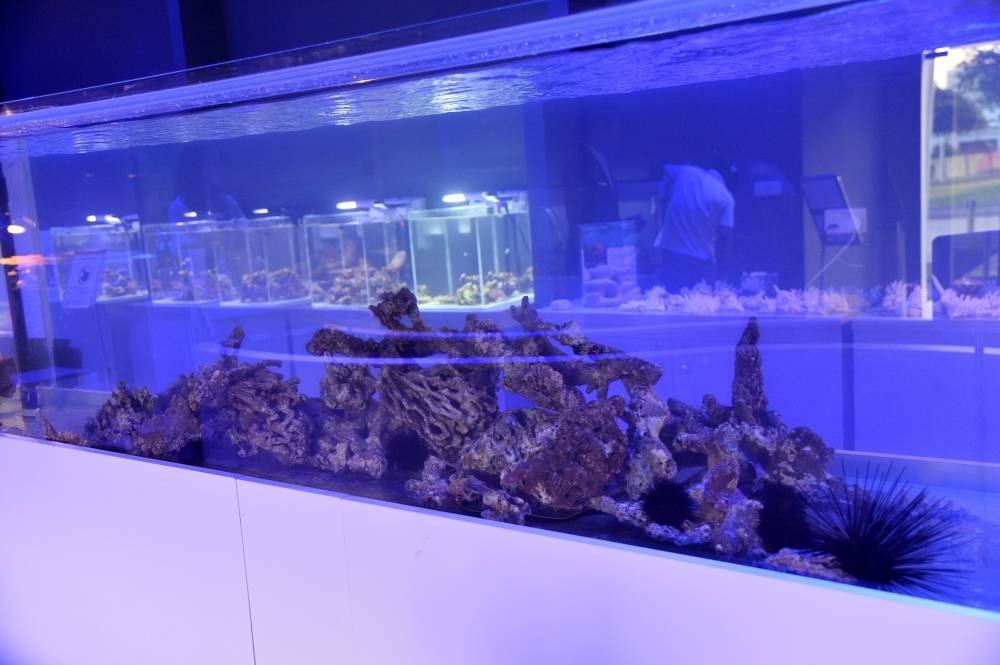
PICTURE: Shaji Kayamkulam
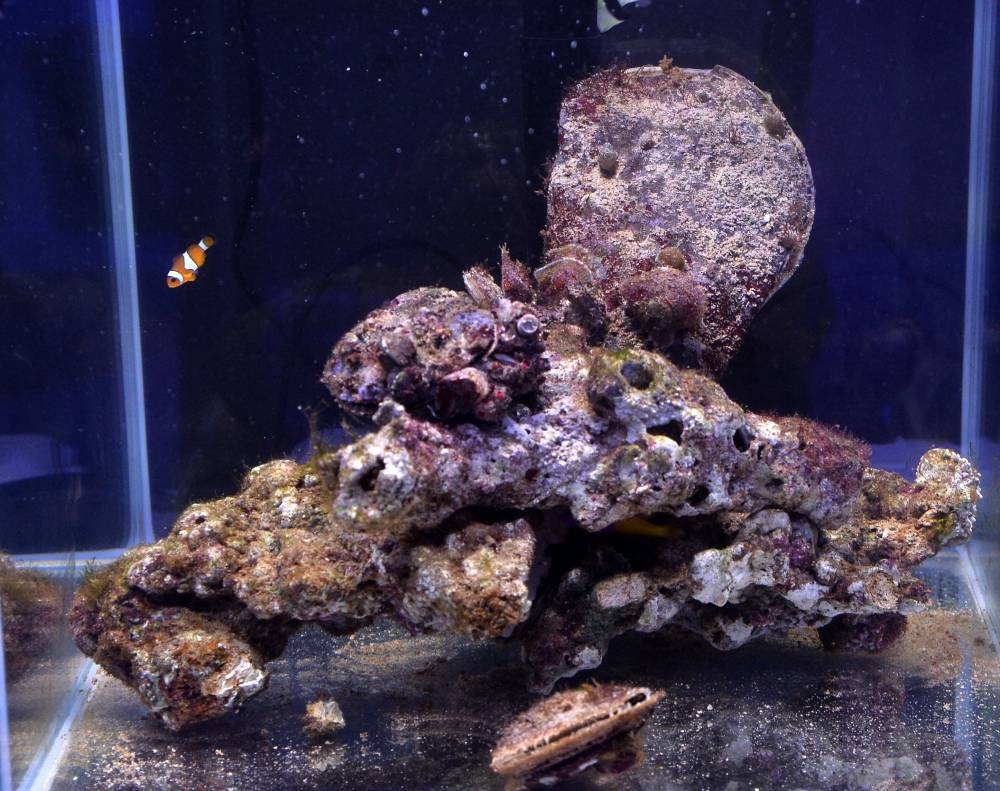
PICTURE: Shaji Kayamkulam
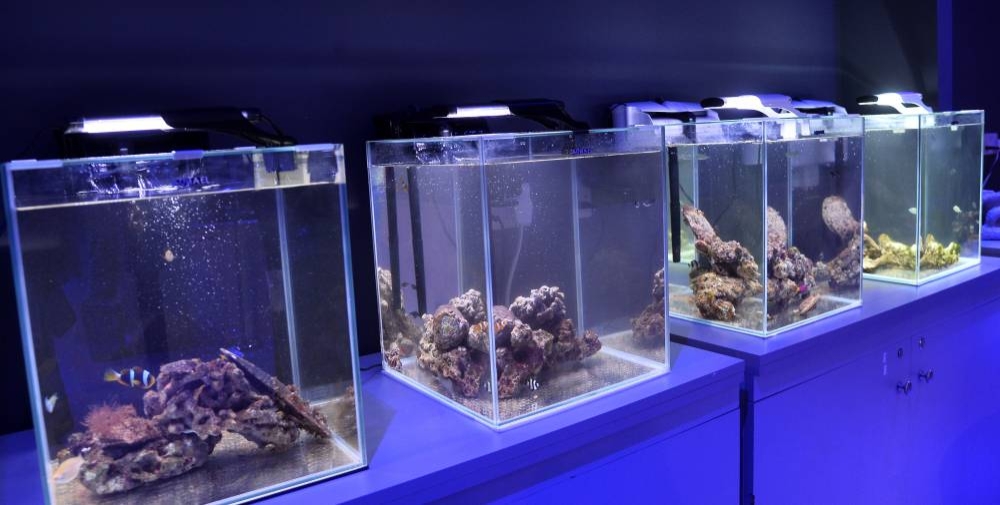
PICTURE: Shaji Kayamkulam
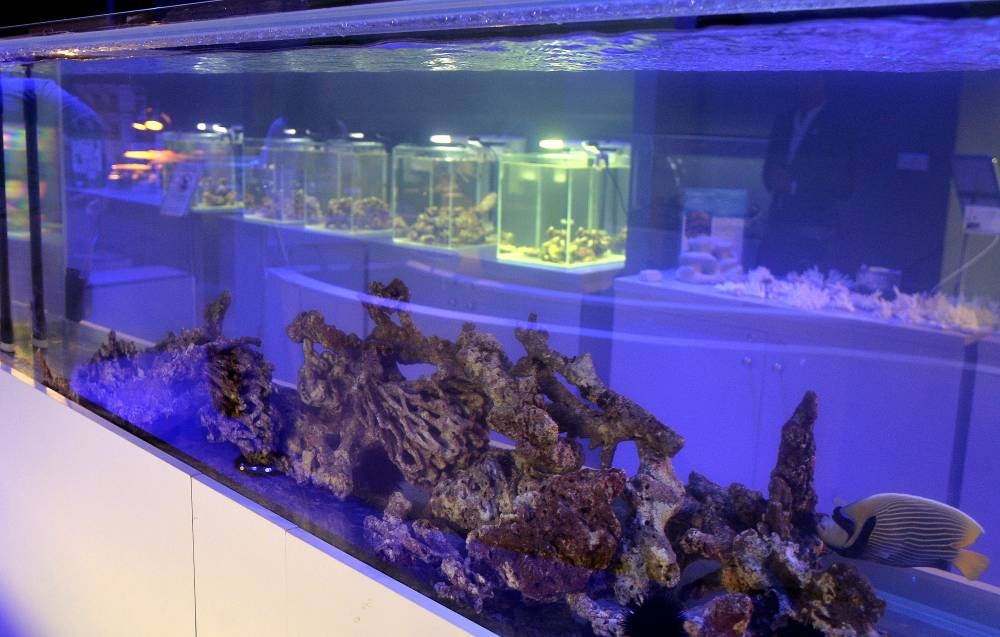
PICTURE: Shaji Kayamkulam
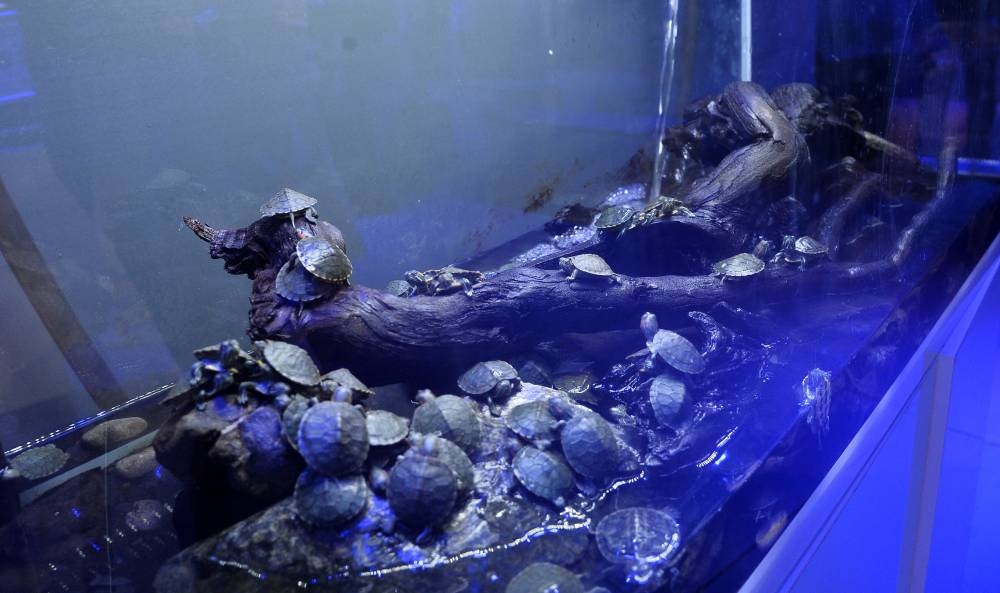
PICTURE: Shaji Kayamkulam
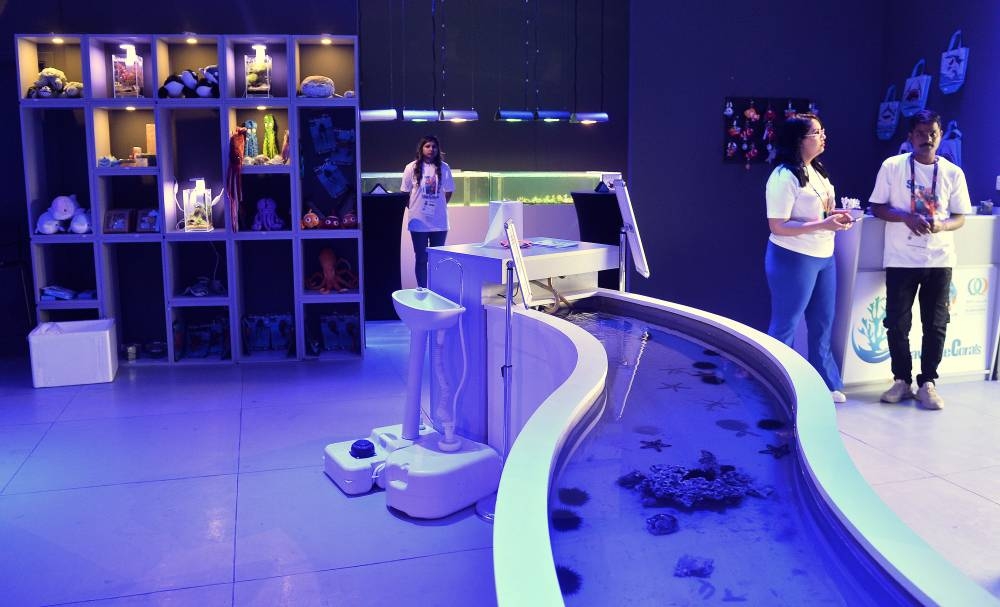
PICTURE: Shaji Kayamkulam
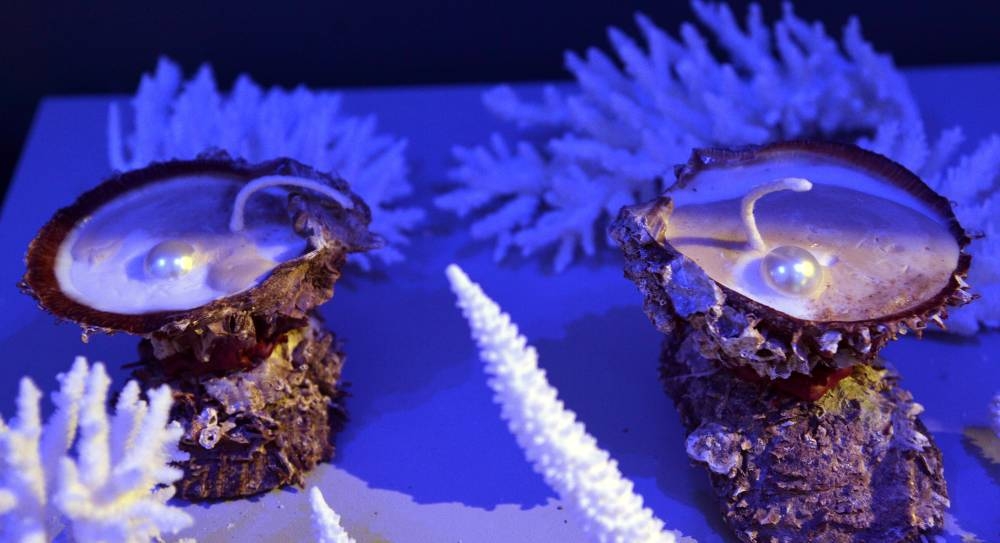
PICTURE: Shaji Kayamkulam

